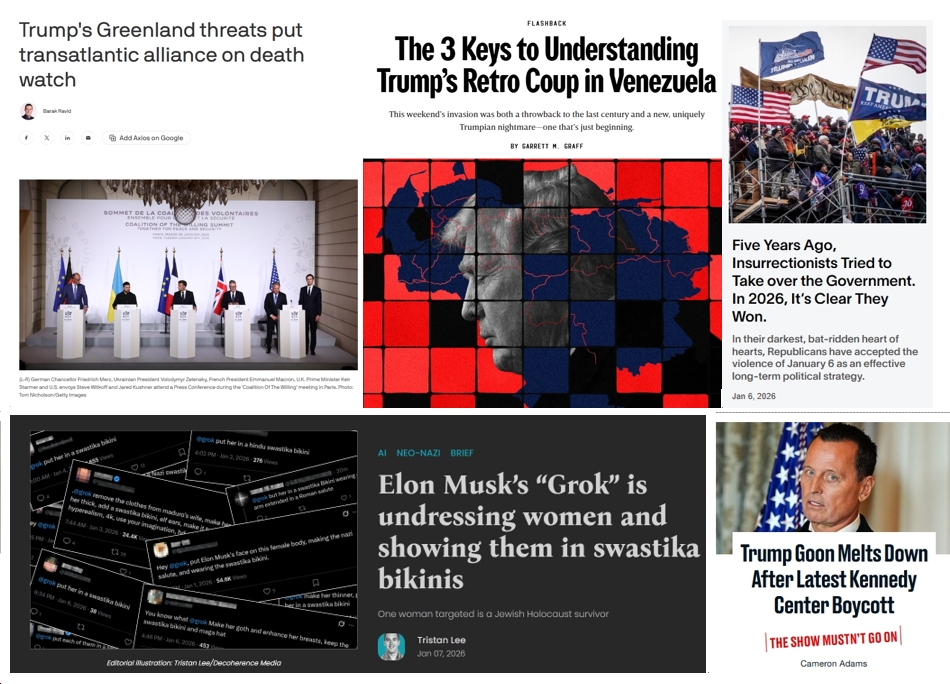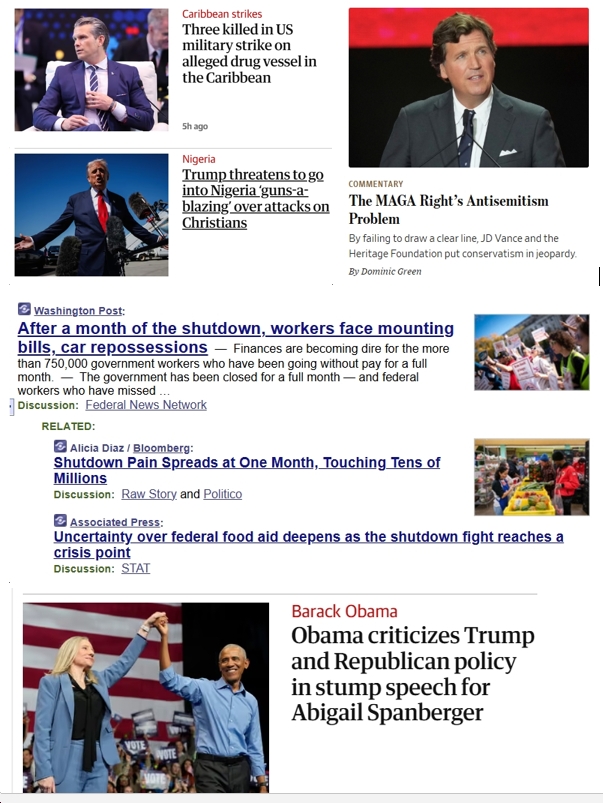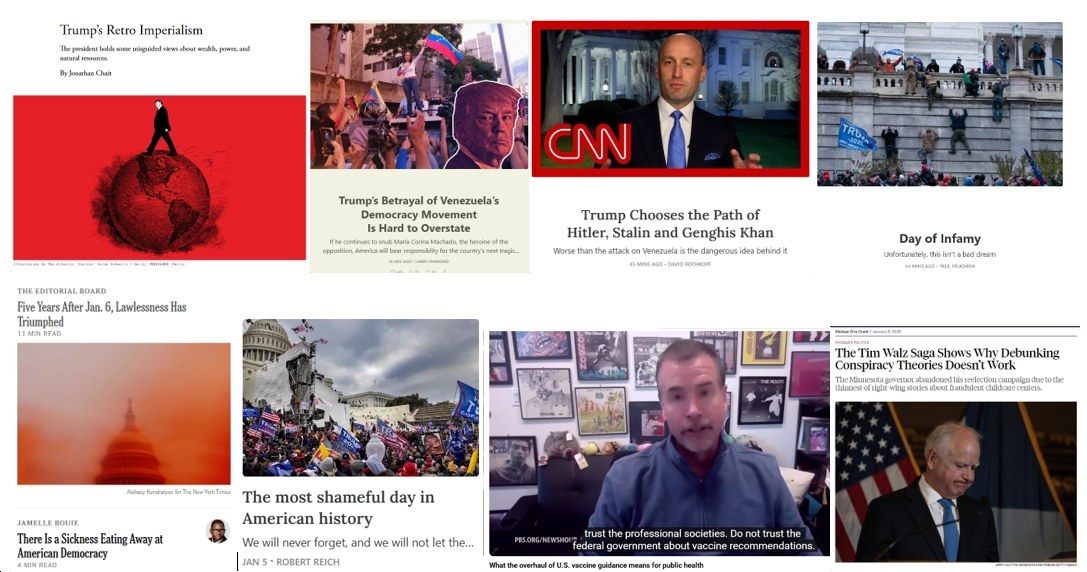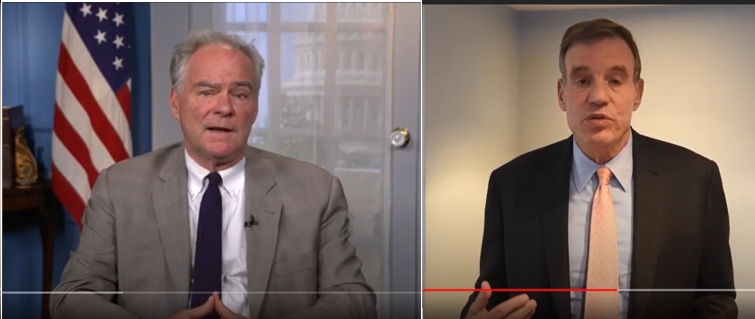Interesting new poll results from the Virginia Hospital & Healthcare Association:
Virginians Broadly Support More COVID-19 Relief for Frontline Hospitals, View Hospitals Favorably, Consider the Pandemic a Serious Concern, Generally Practice Mask Wearing and Social Distancing, Plan to Get Flu Shots this Year, but Have Mixed Views on Getting COVID-19 Vaccinations When Available
Statewide Survey Conducted by Mason-Dixon Polling & Strategy Samples Virginia Voters’ Attitudes about Hospitals, Insurance Companies, the COVID-19 Pandemic and Personal Safety Behavior, Resuming Delayed Medical Care, and Future Vaccination Plans
RICHMOND, VA – Two-thirds of Virginia voters (66 percent) believe government should reimburse hospitals for expenses incurred in response to the COVID-19 pandemic, while more than four in five people (81 percent) support congressional approval of additional pandemic relief funds for health care providers.
These findings, which are among the results of a recent statewide poll of 800 registered Virginia voters conducted by Mason-Dixon Polling & Strategy, arrive as leaders in the U.S. Congress and the White House continue to debate another COVID-19 economic stimulus package and as the Virginia General Assembly finalizes a state budget amendment package that includes allocation of the state share of CARES Act funding that must be spent by a statutory Dec. 31 deadline.
Virginia hospitals, which have been a first line of defense and taken extraordinary steps – such as building field hospitals, retrofitting existing facilities, adding bed capacity and ventilators, finding new channels to source needed personal protective equipment (PPE), establishing in-house testing, conducting clinical trials and treatment research, and caring for thousands of patients stricken with this deadly virus – have asked state leaders for $219 million in relief aid from the more than $3 billion allocation provided to the Commonwealth. That request reflects expenses hospitals incurred this Spring that are directly related to the COVID-19 response, making them eligible for CARES Act reimbursement. Receiving even that amount would not come close to offsetting the multi-billion-dollar financial impact hospitals face, but it would be an important show of support for Virginia’s hospitals and health systems as they continue to battle COVID-19.
The Mason-Dixon survey also asked Virginians whether they have delayed health care during the pandemic, with nearly four in 10 people (39 percent) indicating they have delayed care. Of those who have delayed care, one-third (34 percent) said they plan to reschedule within the next month, nearly another third (29 percent) said they will reschedule within two-three months, while 14 percent said they will wait longer than three months, and 10 percent said they won’t reschedule care until after a COVID-19 vaccine is available.
In March, Virginia hospitals voluntarily suspended non-emergency surgical procedures to free up bed space for a potential surge in COVID-19 hospitalizations, to preserve PPE, and to limit spread of the virus. Subsequent to that action, Virginia Governor Ralph Northam issued an executive order that effectively halted non-emergency procedures until May 1. Since then, Virginia hospitals and health care providers have continued to see patient volumes well below customary levels. This, combined with the expenses and investments required to respond to the COVID-19 pandemic, has Virginia hospitals on pace to lose billions this year.
In other poll findings:
Favorable View of Hospitals
- 92 percent of people view Virginia hospitals favorably, 84 percent feel safe returning to a hospital or doctor’s office (38 percent said they feel “very safe,” 46 percent said they feel “somewhat safe”), and 83 percent said they have had a positive personal or family experience in Virginia hospitals.
- While three in four people (75 percent) said hospitals and health care providers have done a good job of keeping the public informed during COVID-19, more people (57 percent) said they are unaware, rather than aware (43 percent), that Virginia hospitals face $3 billion in losses this year due to the pandemic.
Public Concerns about Pandemic and Safe Practices
- 88 percent said they take the COVID-19 pandemic seriously (71 percent said “very seriously,” 17 percent said “somewhat seriously”). 65 percent of people said they know someone who has contracted the virus, one-third (34 percent) know someone who has become seriously ill or died as a result, and nearly two-thirds (64 percent) said they know someone who has lost a job due to the pandemic.
- More than nine in 10 people (94 percent) say they practice social distancing, with 73 percent of that group indicating they are “very consistent” about it, and 17 percent saying they are “somewhat consistent.”
- On wearing masks in public, nearly nine out of 10 people (89 percent) said they observe that practice, with 82 percent of that group saying they “always” wear masks in public and 14 percent saying they wear masks “most of the time.” Among those who don’t wear mask regularly, the most frequently cited reasons are non-use when outdoors (42 percent), skepticism about whether masks are helpful (27 percent), personal freedom concerns (12 percent), discomfort (12 percent), and personal medical condition (6 percent).
Vaccinations
- More people (71 percent) say they plan to get a flu shot this year, compared to about two-thirds (65 percent) of people who said they got a flu shot last year. 27 percent of people said they are more likely to get a flu shot this year with COVID-19 still present alongside flu season.
- When a COVID-19 vaccine is available, one-third (35 percent) said they are “very likely” to get vaccinated, while 17 percent said they are “somewhat likely,” compared to 26 percent who are “very unlikely” and 12 percent who are “somewhat unlikely.” The most commonly cited reasons for reluctance about a vaccination are hesitance about being among the first people to get it (38 percent), a belief the virus isn’t that dangerous (22 percent), a lack of trust in government and the scientific community (20 percent), and doubts that it will be effective (12 percent).
Diverging Views on Insurance Companies
- Three in four people (76 percent) believe it is unfair for insurance companies to make record profits in a pandemic while health care providers and the rest of the economy suffers, and a majority (56 percent) view health insurance companies unfavorably, compared to 30 percent who view them favorably.
- A majority (59 percent) believe that Virginia’s Certificate of Public Need (COPN) program should be kept in place, as opposed to just 14 percent who believe it should be eliminated. That is in line with the results of a 2019 statewide poll in which 55 percent of people said that the program should be retained. And 70 percent support requiring doctors, insurers, and drug companies to help fund the annual state share of costs for Medicaid expansion (that is consistent with 72 percent support for this concept in a 2019 poll). Right now, Virginia hospitals are the only health care sector partners shouldering those costs, which this year will exceed $400 million.
This recent statewide public opinion poll conducted by Mason-Dixon is the latest in a series of surveys commissioned by VHHA to help identify health care issues of concern to Virginians and to inform the Association’s approach to developing corresponding public policy solutions. The poll of 800 registered Virginia voters was conducted Sept. 9-16, 2020 and featured live landline and cell phone interviews with Virginians from all regions of the Commonwealth representing a wide array of ethnic, gender, age, and political diversity reflecting the demographics of the Commonwealth.
About VHHA: The Virginia Hospital & Healthcare Association is an alliance of 110 hospitals and 26 health delivery systems that develops and advocates for sound health care policy in the Commonwealth. Its mission is to achieve excellence in both health care and health to make Virginia the healthiest state in the nation. Its vision is through collaboration with members and stakeholders, to ensure the sustainability of Virginia health care system, transform the delivery of care to promote lower costs and high value across the continuum of care, and to improve health for all Virginians. Connect with VHHA through Facebook, Twitter, YouTube, LinkedIn, and Instagram.


![[UPDATED: VA Senate Dems Pass $15/Hour Minimum Wage Bill] VA House Democrats Pass Top Priority, Paid Sick Leave](https://bluevirginia.us/wp-content/uploads/2026/02/housedemspaidsick.jpg)















